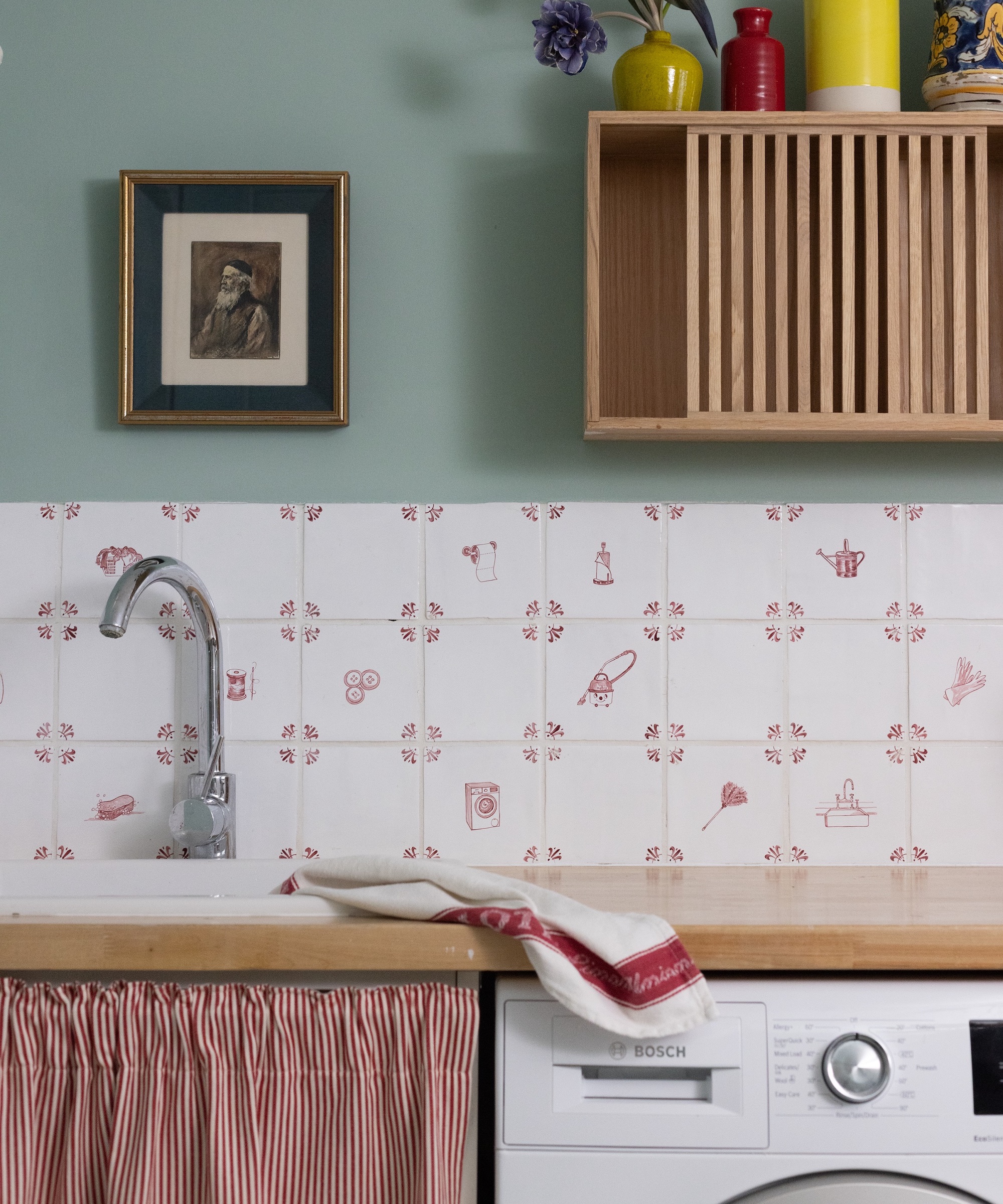
Have you got a stain that you can’t get rid of? If you do, you probably have spent time researching the best detergents, whether you wash whites in hot or cold water, and, in desperation, you might even have considered boiling your clothes to clean them.
While this might seem like a good idea in theory, unfortunately, boiling your clothes is rarely recommended. It can lead to fabric damage, and shrinking, and the heat may even further set stains, worsening the problem.
Luckily, there are plenty of other ways to clean your clothes if you’ve been wondering how to remove coffee stains, red wine stains, or how to get rid of chocolate stains- that won’t damage them.
Should I boil my clothes to clean them?
So, to avoid any disasters, look no further than this expert guide.
To boil or not to boil?

It’s a well-known fact that higher temperatures can be used to deep-clean bedding and towels, or to remove stains from your whites. 90 degrees is generally the highest temperature that will be found on most washing machines, but even at this temperature, there are few garments that laundry experts recommend washing so hot.
‘Honestly, boiling clothes is not something I would recommend,’ says Matt O’Connor, Noscrubs laundry delivery co-founder, and cleaning and laundry expert. ‘It was a go-to method back in the day, but modern detergents and washing machines have made it pretty unnecessary.’
If you do want to boil your clothes, think twice first, recommends Ronnie Kendrick, founder of CompanyClean. ‘Boiling can definitely kill those germs and bacteria but don’t throw everything in hot water without reading the fabric labels first,’ he says. ‘If it says dry-clean only or cold wash only, stick to the instructions. You don’t want to end up with a wardrobe full of shrunken clothes and faded colors- always check before you wreck!’
Why you shouldn't boil your clothes
1. It's too harsh

Using higher temperatures on your clothes already has a whole host of risks involved, which are magnified when you introduce boiling water.
‘High temperatures can damage delicate fabrics like wool, silk, or those with elastic fibers,’ says Rechelle Balanzat, founder and CEO of Juliette. ‘Cotton and linen can withstand boiling water, but may still shrink or lose color,’ ruining your garments.
In particular, boiling anything with elastic or synthetic fibers is highly advised against. ‘You’ll end up with a warped, melty mess,’ says O’Connor.
So, unless you’re researching how to shrink clothes to make them fit better, keep them away from boiling water and stick to using your washing machine.
2. It may set stains

Some stains, like blood, love heat. ‘You’ll just end up setting the stain,’ says Taylor Sutherland, president of Charlie’s Soap. ‘Instead, it’s best to use warm water to loosen the fabric and fibers and use a detergent that goes after the bond that holds the stain to the surface and doesn’t try to eat away at it. The former will get things clean, while the latter will damage fibers.’
Maria Mooney, non-toxic cleaning expert and marketing director at Truly Free Home and Truly Free Market, also recommends using cold water for stains such as wine, juice and baby food. If you’re handwashing, be sure to agitate your garment well, and consider using a water softener with hard water.
3. Modern alternatives mean it's unnecessary

While boiling your clothes was once common practice, with modern detergents and washing machines it is now redundant.
‘Modern laundry detergents and stain removers are formulated to clean effectively at lower temperatures, preserving the fabric’s integrity and color,’ says Balanzat.
Therefore, you can clean and protect your clothes effectively, without risk, by simply sticking to using your washing machine.
The exceptions to the rule?
1. To kill bacteria

While higher temperatures kill bacteria, this is not usually necessary for items of clothing.
‘Heat only helps to kill bacteria, which is why washing machines are usually programmed to use heat on blankets and towels,’ says Alessandro Gazzo, a professional cleaner at Emily’s Maids.
Therefore, when it comes to clothing, these high heats aren't needed and your clothes are better off being washed at lower temperatures to protect the fabrics.
2. To remove oil and grease stains

‘Whether you should boil your clothes for stain removal is dependent on the fabric and type of stain,’ says Mooney.
‘However, hot, but not boiling, water is a better remedy when treating oil and grease stains. Warmer temperatures also help remove lingering odors, so if a stain leaves behind a particular smell, try washing the item in hot water to eliminate it.’
Your washing machine will have various temperature settings that are safe to use for oil or grease-stained garments, just be sure to check the laundry symbols to ensure you’re handling each item with care.
FAQs
What is the hardest stain to remove from clothes?
The most difficult stains to get out of any material are coffee, tea, mustard, berry juice, any tomato-based sauce, grease and red wine- so avoid getting any of these on your clothing as far as possible.
If you do spill any of these on your clothing- time is of the essence. The faster you treat stains the less likely they will be to stick.
How do you wash polyester so it stays soft?
As polyester is a synthetic material, it can be difficult to wash correctly. To avoid any issues, be careful not to use too much detergent which could leave soapy residue and stiffen the fabric, and select a cold wash to prevent damaging the fibers.
It is also recommended to use a gentle or delicate cycle setting on your washing machine to keep your polyester clothes soft.
For tough stains, soaking can also be a great method to lift them.
'Soak the garment in a mixture of water and detergent or a stain remover for 30 minutes to an hour before washing,' says Balanzat.







